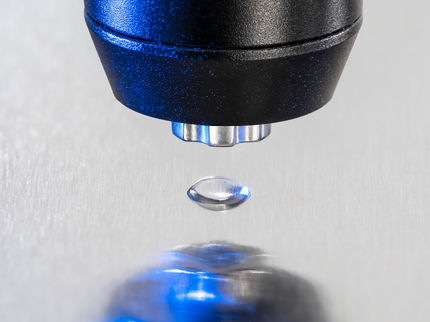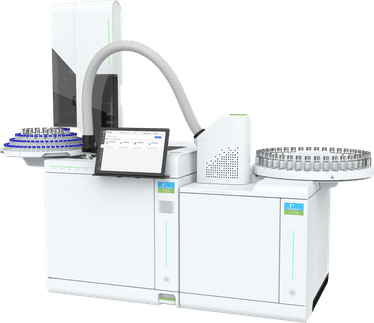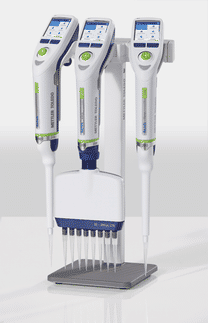To use all functions of this page, please activate cookies in your browser.
my.chemeurope.com
With an accout for my.chemeurope.com you can always see everything at a glance – and you can configure your own website and individual newsletter.
- My watch list
- My saved searches
- My saved topics
- My newsletter
Nuclear pharmacyNuclear Pharmacy involves the preparation of radioactive materials that will be used to diagnose and treat specific diseases. It was the first pharmacy specialty established in 1978 by the Board of Pharmaceutical Specialties. Nuclear pharmacy seeks to improve and promote health through the safe and effective use of radioactive drugs for not only diagnosis but also therapy. Product highlight
HistoryThe concept of nuclear pharmacy was first described in 1960 by Captain William H. Briner while at the National Institutes of Health (NIH) in Bethesda, Maryland. Along with Mr. Briner, John E. Christian, who was a professor in the School of Pharmacy at Purdue University, had written articles and contributed in other ways to set the stage of nuclear pharmacy. William Briner started the NIH Radiopharmacy in 1958. He also brought about principles and procedures important to the assurance of quality radiopharmaceuticals. Christian developed the first formal lecture and laboratory courses in the United States for teaching the basic principles of radioisotope applications. John Christian and William Briner were both active on key national committees responsible for the development, regulation and utilization of radiopharmaceuticals. In the mid 1970s a petition was formed requesting the formation of a Section on Nuclear Pharmacy in the Academy of General Practice, currently called the Academy of Pharmacy Practice and Management. On April 23, 1975, the petition was finally approved by the American Pharmacists Association (APhA) Board of Trustees. Nuclear pharmacy thus became a new area in pharmacy. Types of nuclear pharmacyThere are essentially two different kinds of nuclear pharmacy services called Institutional Nuclear Pharmacy and Commercial Centralized Nuclear Pharmacies:
Required trainingThere are certain precautions that must be taken into account when handling radiopharmaceutical materials on a daily basis. Nuclear pharmacists receive extensive training on the various radiopharmaceuticals that they use. They are trained in radiation safety and other aspects specific to the compounding and preparation of radioactive materials. Many things are required to become pharmacists, but to become a nuclear pharmacist one must go through the following training: 1. 200 hours of classroom training in basic radioisotope handling techniques specifically applicable to the use of unsealed sources is required. The training should consist of lectures and laboratory sessions in the following areas:
2. 500 hours in handling unsealed radioactive material under a qualified instructor is also required. This experience should cover the type and quantities of by-product material requested in the application and includes the following:
DutiesPrimary tasks listed in the American Pharmacists Association’s Nuclear Pharmacy Practice Guidelines include:
Work conditionsNuclear pharmacists work in a more relaxed environment compared to other areas of pharmacy, such as hospital pharmacy or retail pharmacy. There is usually no interaction with customers because many work in a highly regulated environment where consumers are not allowed. Although the potential for radiation exposure exists in this field, it is kept to a minimum by the use of syringes, gloves, and other devices specifically designed for radioactive materials. A nuclear pharmacist would use leaded glass shielding, leaded glass syringe shields, and lead containers while working with radioactive material. Hence, proper equipment and procedures reduce the risk of harm to personnel working in a nuclear pharmacy. Tungsten shielding is also used. While more expensive, it provides better shielding, does not break or deform like lead when dropped. It is also not toxic like lead is. See also |
|
| This article is licensed under the GNU Free Documentation License. It uses material from the Wikipedia article "Nuclear_pharmacy". A list of authors is available in Wikipedia. |







